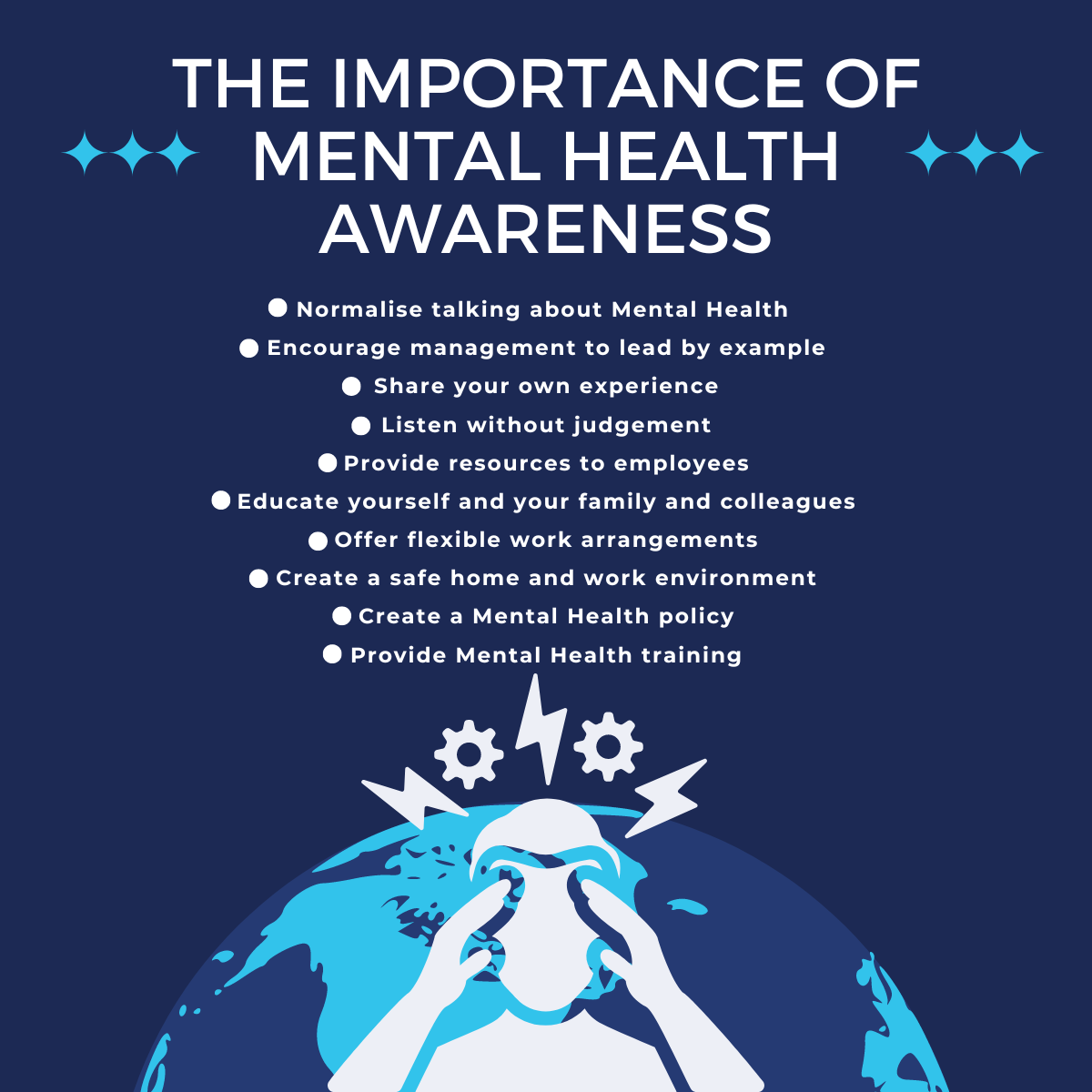Comprehensive Inpatient Mental Wellness Services for Effective Therapy
Inpatient psychological wellness solutions represent an essential component of the healthcare system, giving a organized and intensive setting for people experiencing serious emotional distress. These solutions use a multidisciplinary approach, incorporating numerous evidence-based therapies to address the complicated needs of clients. However, the effectiveness of such comprehensive treatment extends past prompt stablizing; it also encompasses the shift to outpatient assistance, a critical stage often ignored. Exploring the subtleties of this continuum exposes considerable ramifications for both individual healing and broader psychological wellness end results. What elements genuinely affect this change, and exactly how can we enhance its effectiveness?
Recognizing Inpatient Mental Wellness Solutions
Inpatient psychological health solutions supply crucial support for individuals experiencing severe mental distress that can not be handled successfully in an outpatient setup. These solutions are developed to supply an intensive level of care in an organized atmosphere, commonly within a medical facility or specialized center. Clients confessed to inpatient programs typically display intense signs and symptoms, such as suicidal ideation, severe anxiety, or psychosis, demanding round-the-clock monitoring and treatment.
The admission process normally includes a detailed analysis by mental wellness professionals, that review the individual's frame of mind, background, and immediate needs. When admitted, people participate in a variety of therapeutic modalities tailored to their certain requirements, including medication administration, specific therapy, and group sessions. This alternative method intends to support the person's problem, advertise safety and security, and foster coping abilities.
Inpatient psychological health solutions not just address immediate wellness issues but likewise act as a bridge to recurring care. By providing a controlled setting, these services assist in the growth of treatment plans that can be proceeded in outpatient setups, therefore ensuring a continuum of care and improving lasting outcomes for individuals with complex psychological wellness demands.
Key Parts of Effective Therapy
Effective therapy in inpatient psychological wellness solutions consists of several crucial parts that foster healing and stablizing. Most importantly, a detailed analysis is necessary to recognize the person's details requirements and challenges. This analysis informs the development of a customized therapy plan, which functions as a roadmap for treatment.
Another critical element is the multidisciplinary team approach. Collaboration amongst psychiatrists, psychologists, registered nurses, and social employees makes sure that numerous perspectives contribute to the person's treatment, enhancing the effectiveness of treatment. Evidence-based healing modalities, such as cognitive-behavioral treatment (CBT) and dialectical behavior modification (DBT), are additionally important, providing organized methods that attend to maladaptive thought patterns and behavior problems.

Last but not least, a concentrate on aftercare planning is important to ensure a seamless change to outpatient solutions, decreasing the threat of regression and promoting long-lasting health. These collective components produce an effective treatment framework within inpatient psychological health and wellness solutions.
Advantages of Comprehensive Treatment

Detailed treatment in inpatient psychological health and wellness services uses many benefits that substantially boost individual end results. One of the key advantages is the all natural method to therapy, addressing not only the mental symptoms however additionally the physical, social, and psychological needs of individuals. This comprehensive evaluation permits for customized interventions that advertise overall health.
One more benefit is the combination of multidisciplinary groups, which fosters partnership amongst medical care professionals. This joint setting guarantees that people obtain coordinated treatment, decreasing the risk of fragmented treatment and boosting communication amongst caregivers. Thorough care promotes continuity of services, allowing for seamless changes from inpatient to outpatient setups, which is important for long-term healing.

Last but not least, the organized atmosphere of detailed inpatient treatment gives a safe room for individuals to involve in therapeutic tasks, aiding them create coping approaches and strength. Collectively, these advantages add to more reliable therapy and boosted quality of life for people experiencing mental health dilemmas.
Evidence-Based Healing Methods
In the world of mental health therapy, evidence-based therapeutic techniques play a critical role in making certain that clients obtain efficient and clinically supported interventions. These strategies incorporate the most effective offered research study with clinical experience and person values, promoting a customized therapy experience that deals with private demands.
Cognitive Behavior Modification (CBT) is among one of the most widely identified evidence-based approaches, focusing on recognizing and transforming negative thought patterns and habits. This structured technique has actually demonstrated effectiveness in treating problems such as anxiety, ptsd, and clinical depression. In A Similar Way, Dialectical Behavior Modification (DBT) is especially reliable for people with borderline individuality problem, highlighting the growth of emotional law and interpersonal efficiency skills.
Furthermore, drug administration is frequently an indispensable element of evidence-based treatment, as psychotropic medications can alleviate signs and improve general functioning. Collaborative care models, which entail multidisciplinary groups, further improve the efficiency of inpatient solutions by guaranteeing comprehensive assessments and continual monitoring.
Eventually, the integration of evidence-based healing methods go not just promotes favorable professional end results yet additionally encourages people, fostering a sense of company and resilience in their mental health and wellness journeys.
Transitioning to Outpatient Assistance
The shift from inpatient mental health services to outpatient support marks an essential stage in a person's recuperation journey. This duration requires careful planning and sychronisation to ensure continuity of care and to minimize the threats of regression or crisis. Efficient discharge preparation ought to commence early in the inpatient stay, involving a multidisciplinary group that includes psychiatrists, psychologists, nurses, and social workers.
Crucial element of an effective change consist of the advancement of a comprehensive aftercare plan customized to the person's details demands. This plan should detail follow-up visits, medication monitoring, and therapeutic treatments, as well as identify neighborhood resources and assistance groups that can facilitate recurring healing.
Moreover, person and family members education is vital throughout this phase. Recognizing the indications of possible setbacks and the importance of adhering to therapy can empower patients and their assistance systems.
Regular follow-up and review of the outpatient strategy are necessary to attend to advancing difficulties. By fostering a collective partnership in between outpatient and inpatient service providers, the probability of sustained healing rises, inevitably boosting the client's high quality of life and reducing the danger of readmission.

Conclusion
In recap, comprehensive inpatient psychological health services provide an essential framework for attending to extreme psychological distress with a multidisciplinary method. Inevitably, such comprehensive treatment is essential for lasting mental health and health.
The admission process normally includes a detailed analysis by mental health professionals, who examine the person's mental state, background, and instant demands.Efficient therapy in inpatient psychological health solutions comprises several key elements that cultivate find healing and stablizing.Extensive care in inpatient psychological health services offers many benefits that dramatically enhance individual outcomes.The change from inpatient mental health solutions to outpatient support marks an essential stage in a person's recovery trip.In summary, comprehensive inpatient mental health and visit this web-site wellness services provide an essential structure for addressing extreme emotional distress with a multidisciplinary technique.